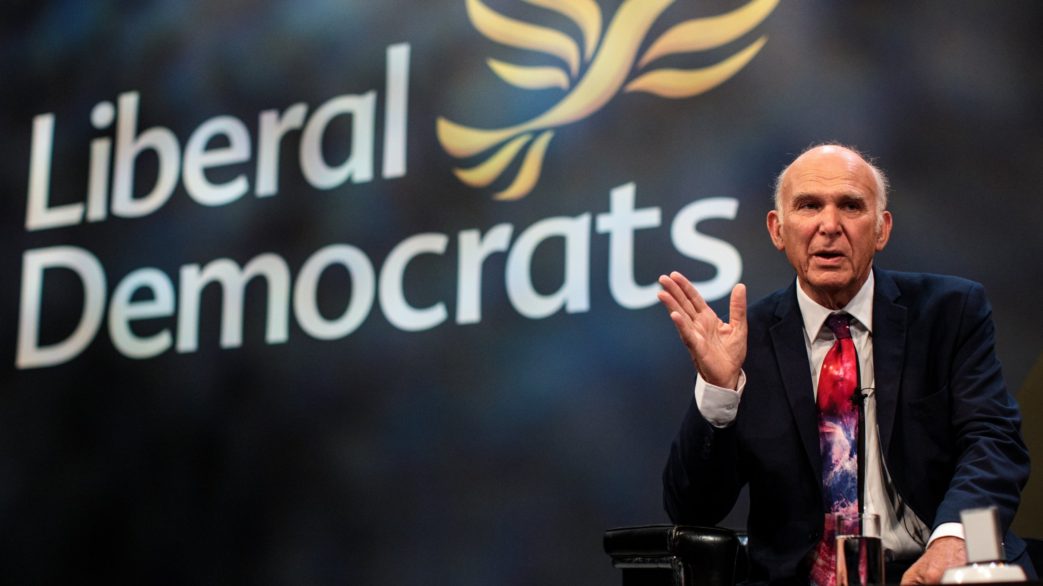It’s true: the Liberal Democrats are far more radical than Labour
At autumn conference this year, unnoticed by most as the farce of Brexit continued to dominate headlines and Lib Dem attentions, the party passed some of its most radical, progressive and exciting economic policy in years. In the nearly four years that I’ve been a member, I’ve spent a lot of my time criticising the party for failing to think properly about the economy beyond tinkering with the existing system, so it fills me with happiness that we’ve finally sorted ourselves out. In particular, I noticed this article get a lot of stick. How ludicrous, the critics say, that the dull, centrist Lib Dems can paint themselves as more radical than Corbyn and McDonnell! But here’s the thing – it might be uncomfortable for some to admit, but it’s true. And here’s why.
In some of my more formal essays on liberalism, I’ve outlined the necessity for liberals to be genuinely radical and creative with their economic solutions, and not just be content to operate within the same old systems which have caused such structural damage and disadvantage. I’ve argued that we need to systematically dismantle those structures of domination, and truly liberate people economically. These policies do exactly that.
The policy I’m perhaps most excited about is the realignment of wealth taxation. By abolishing inheritance tax and instead taxing intergenerational transfers as income, as well as taxing income from wealth in the same way as normal income, we stop the entrenchment of privilege across generations by huge transfers of wealth, while giving most people – the non-wealthy – a very generous allowance and exempting small gifts. A similar proposal was mooted by the IPPR, my favourite think-tank, and it’s fantastic to see it as formal Lib Dem policy.
But it’s also about what we can do with the money raised from this. We now have policy to set up the Citizens’ Wealth Fund, a sovereign wealth fund managed by independent financiers, to invest on behalf of the nation. Most excitingly, we want to use it to set up a citizens’ dividend, so every person can share in the growth of the nation they helped contribute towards. I am particularly interested in a supplementary idea, spoken about before by Vince, of turning this into a young people’s dividend, receivable on their 18th birthday, to really hammer home our message of intergenerational fairness. We also want to invest in lifelong education and reskilling, so workers are equipped for the modernisation of industry. We are the only major party talking about this.
But we’ve also come up with more: most notably, abolishing business rates and replacing them with a land value tax. This proposal would stop the absurd disincentive to investment and development that business rates currently provide, and would instead tax solely the basic land occupied. In this way, the burden of taxation also shifts from tenant to landlord, and thus provides a major shift of economic power.
Adding all of this together is a radical platform in itself. But combined with existing policy – most notably employee-ownership, one of our core pieces of industrial policy for over half a century and ingrained into our constitution, and a preference for new wealth taxation on property rather than higher income tax, our economic policy is by far the most reformative and fresh of any of the major parties. This is most notably true with Labour: the economic section of their 2017 manifesto merely called for some taxes to be tweaked upwards, a few nationalisations, and intervening to stop high street ATMs being taken away. They try to present themselves as radicals, but the truth is that their policies are pedestrian. The Lib Dems are the real reformers, and after Conference this year, that is truer than ever.

